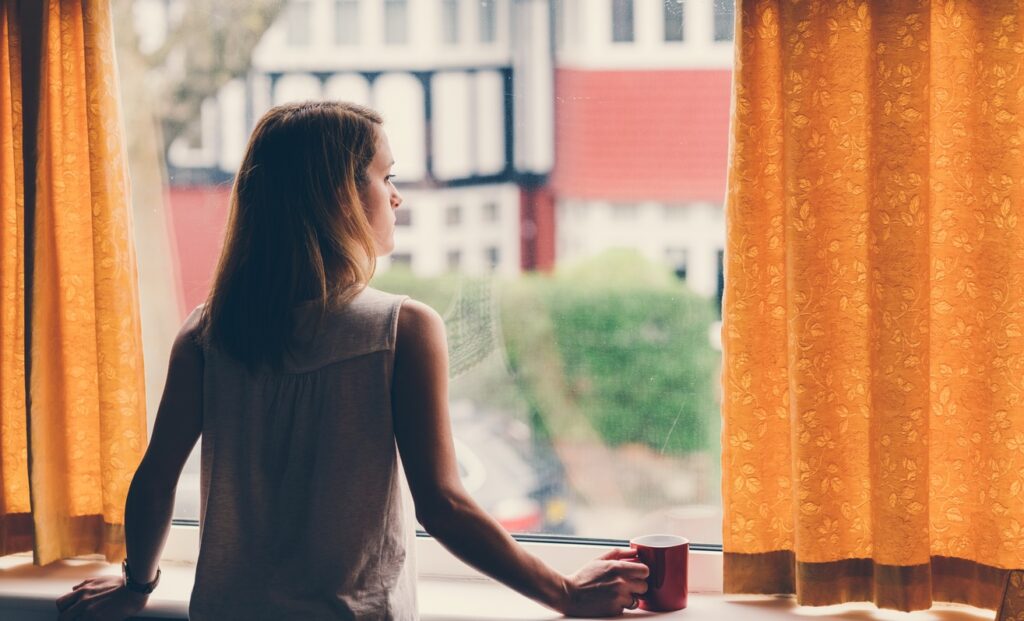Due to the exceptional circumstances of the current global pandemic, the government has invoked a ‘lockdown’, placing restrictions on our ability to go outside.
The situation is unprecedented in our lifetime. It is a time of significant uncertainty and global concern.
In the UK, there are already thousands of people who are self-isolating at home because of the virus. It remains to be seen whether the UK government will enforce a more restrictive lockdown as in Italy, Spain, and France, where people are not allowed to leave their homes unless they have a certificate to travel, effectively forcing them to remain in their homes. In Italy, this has been described as the ‘largest suppression of constitutional rights in the history of the country’.
All of this will undoubtedly place increased tension and stress on individuals. In turn, this may also increase pressure on family life, as households remain in close proximity for long periods in an enforced and unnatural setting.
Domestic abuse
We are acutely aware that for individuals who suffer from, or are at risk of, domestic abuse, the mandatory lockdown measures to tackle the virus may exacerbate the situation at home. Whilst these measures are essential, many people will be trapped in their homes with their abuser and will feel isolated from the people and the resources that could help them.
Domestic abuse is unacceptable in any situation.
What can you do?
The first port of call is the police, who have powers to arrest and remove an individual from the home. No one should ever fear for their safety or that of their children and relatives. The police remain on hand to help people, including those who are self-isolating. Anyone concerned for their safety, or that of their family members or friends, should not hesitate to call 999.
The police may advise you to obtain an order through the Criminal Court, such as a restraining order. You may also be advised to seek a protective order through the Civil Court.
Protective orders
There are two types of injunction you can apply for in the Family Court to protect yourself from domestic violence:
- Non-molestation order: this can protect you and any relevant child from violence or harassment. You can obtain a non-molestation order against someone who has been physically violent or against someone who is harassing, intimidating or pestering you. You can apply for a non-molestation order even if you still want to (or have to) live with your abuser.
- Occupation order: this can order your abuser to move out of the home or to stay away from the home; to keep a certain distance away from the home; to stay in certain parts of the home at certain times (for example it can order him to sleep in a different bedroom); to allow you back into the home if you have been locked you out.
The above applications can only be made if you and your abuser fall into a defined category of ‘associated persons’. If you live in the same household as your abuser you will be considered “associated”.
If you need an injunction urgently or are scared that your abuser will cause you further harm if they are aware you are going to court, you can make your application ‘without notice’ to them. This means that the court can consider your application initially without your abuser being present in order to obtain urgent protection.
Bindmans have expert family law solicitors who can provide advice if you find yourself in a difficult situation. Our offices remain open, so please do not hesitate to contact us on 020 7833 4433 if you seek our assistance.

